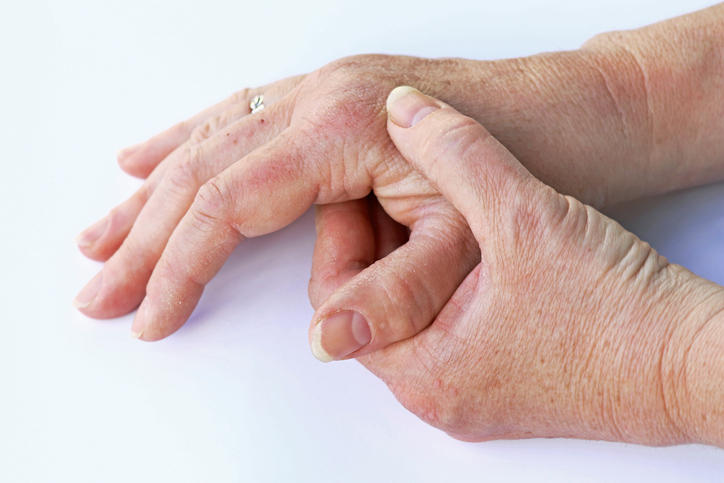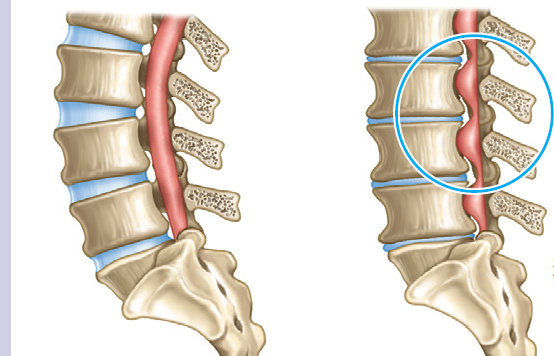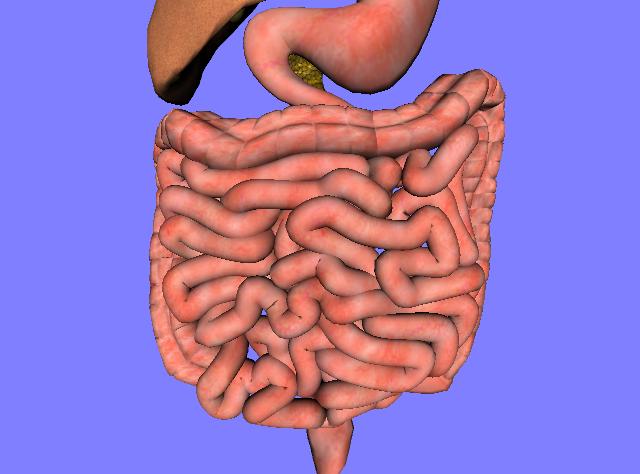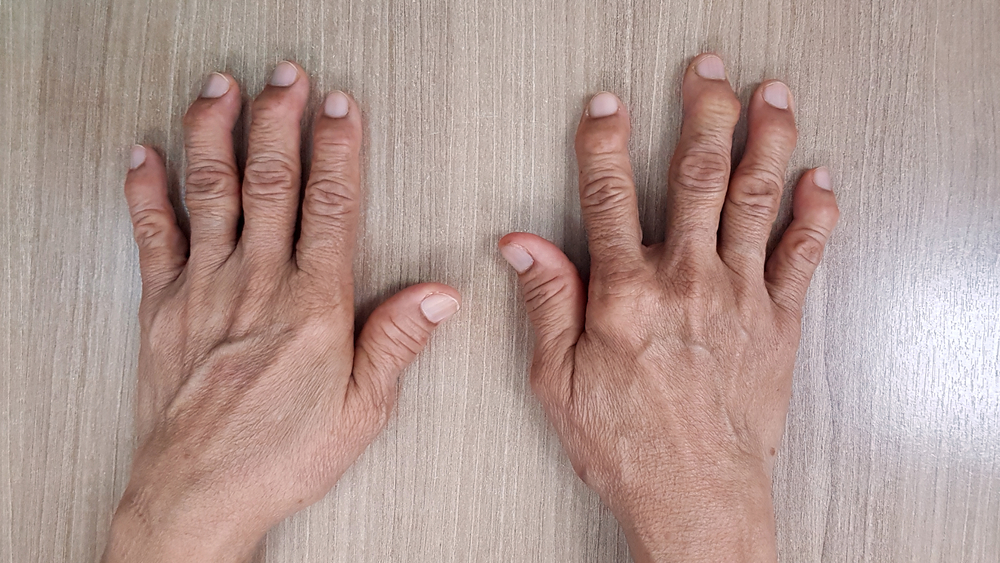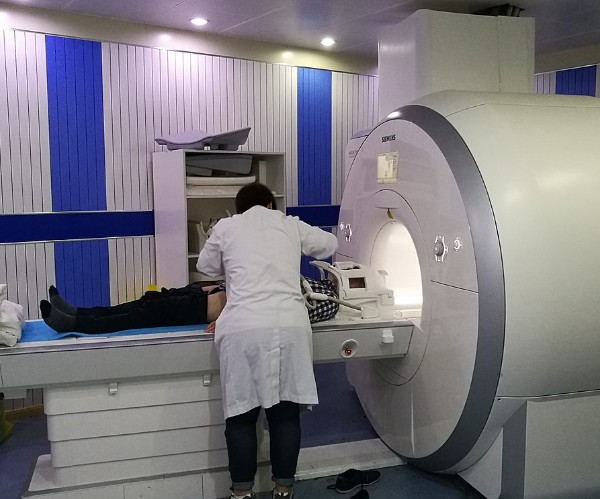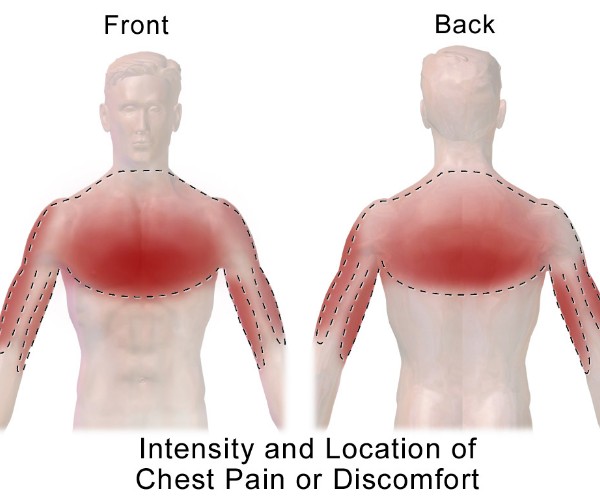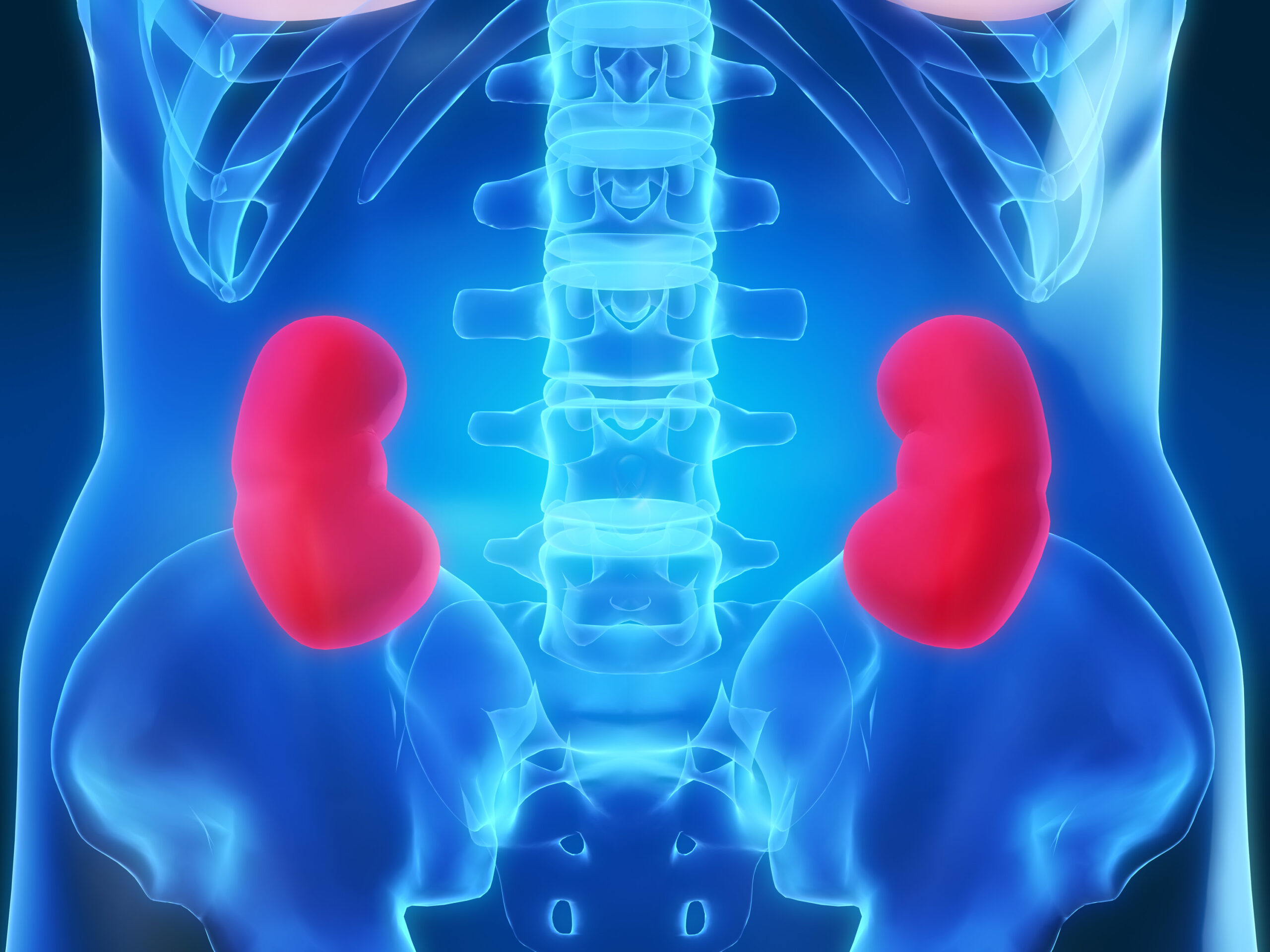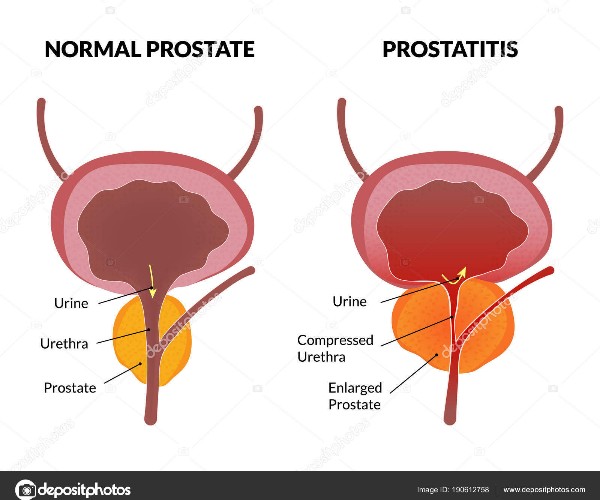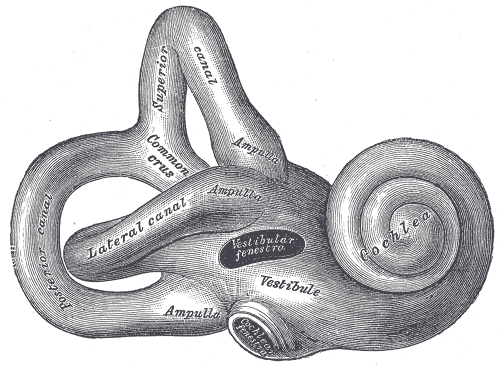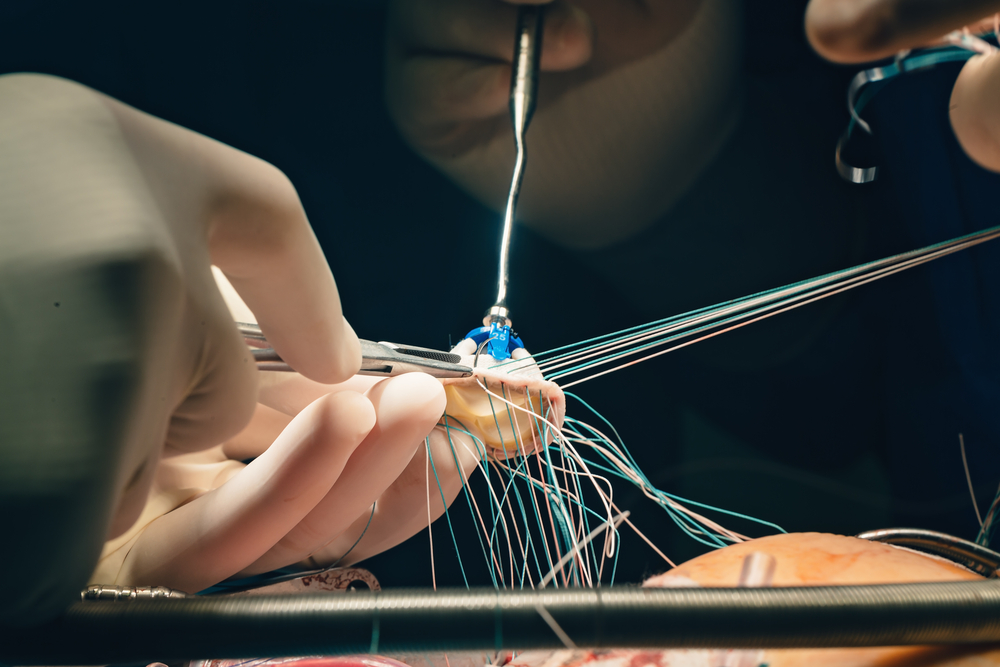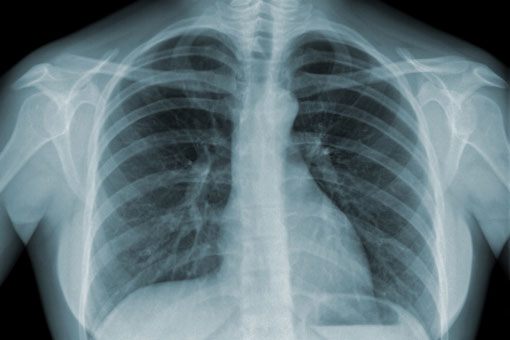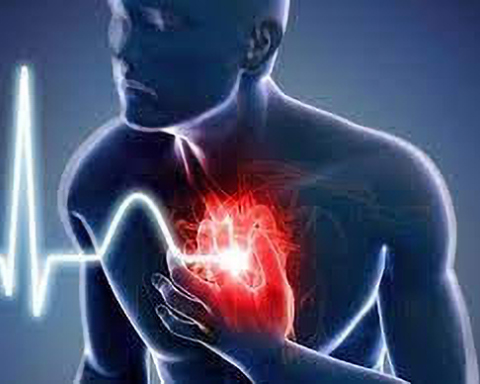In the medical field, it is really crucial to be able to identify a disease in time as, if detected at an early stage, the chances of treatment and thus cure are greatly increased. This is precisely what Screening in Medicine is all about. It is a series of organized activities ( more like medical examinations) aimed at a large part of the population with the purpose of early and rapid detection of the presence of a disease in people who, at first glance, do not show symptoms.
Obviously, the condition identified through Screening must still be curable or at least its course must be modifiable as a result of early diagnosis. Otherwise, there would be no advantage in detecting a particular disease early.
Screening
Although there are different types of screening in medicine, aimed at detecting different diseases affecting human beings, all of them indiscriminately must comply with certain basic and indispensable characteristics. First and foremost, they must be highly safe examinations with an extremely minimal rate of side effects and risks to the patient. Another very important feature concerns the technical nature of the screenings; in fact, they should neither be too complex to perform (for doctor and patient) nor bothersome and/0 invasive for those undergoing treatment. Finally, the most important feature is undoubtedly reliability. In fact, Screenings must be absolutely efficient and reliable in detecting a disease and avoid revealing misdiagnoses.
Some tips
Screenings are highly recommended for those individuals who have an increased risk of developing a disease (e.g., for hereditary diseases). For these people it is appropriate to repeat checks at regular time intervals for as long as the disease is most likely to develop and especially for as long as any medical treatment is likely to have the best results in terms of duration and quality. It is also useful to articulate multiple levels of investigation since a possible positivity to a pathology does not always equate to a certain diagnosis but can give excellent indications on possible subsequent (more detailed) controls to undergo.
For a screening to be effective, the population to be screened must be precisely identified, the time interval to be allowed to elapse between screenings must be precisely calculated, and iter-therapeutic examinations must be organized in case of positivity at primary screening. Only with careful prevention and continuous monitoring of one’s physical condition can one defend oneself, or at least fight a potentially life-threatening disease more effectively.









